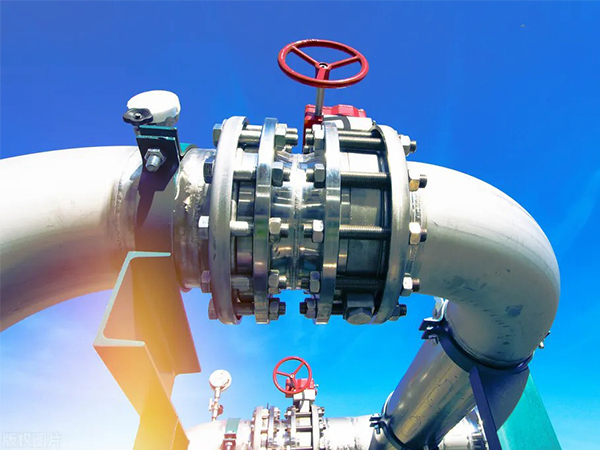
The increasing popularity of iot devices is driving the demand for industrial valves
Integrated iot sensors in industrial valves enable real-time monitoring of performance and operating conditions. This will lead to predictive maintenance, reduced downtime and improved operational efficiency.
Iot valves improve safety and responsiveness through remote monitoring. This enables proactive decision making and resource allocation, driving demand across industries.
Integrating iot technology into industrial valves has revolutionized safety, responsiveness, forward-looking decision making, and resource allocation. This is driving the growth of the industrial valves market.
Industrial valves with integrated iot sensors have greatly improved factory automation and productivity. As a result, iot valves are becoming increasingly popular, driving the demand for industrial valves.
The growing demand for new power plants is driving the demand for industrial valves
Advanced nuclear reactors and renewable energy facilities are modern power plants that require specific valves to regulate fluid flow and pressure.
The demand for high performance industrial valves in the manufacturing process has increased, as these valves guarantee safe and efficient operation in various power generation processes.
Increased spending on clean energy initiatives has prompted a need for valves that can withstand certain conditions, such as corrosive environments and high temperatures.
The global growth of power infrastructure, especially in emerging countries, is driving the demand for industrial valves designed specifically for contemporary power plants.
Global smart city development drives the industrial valve market
Smart city projects are increasingly relying on advanced infrastructure systems, including industrial valves, for efficient water management, heating, ventilation, air conditioning (HVAC) and waste disposal.
The integration of Internet of Things (IoT) sensors and automation technologies into urban utilities is further expanding the need for smart industrial valves for optimal monitoring.
Smart water management programs require sophisticated valves for water flow regulation, leak detection, and network optimization. Smart valves with remote monitoring improve the efficiency and reliability of smart city infrastructure.
Urbanization and population growth are the driving forces behind the rise of smart city projects. As a result, industrial valve manufacturers now have a significant market opportunity to capitalize on the demand for industrial valves in smart city projects.